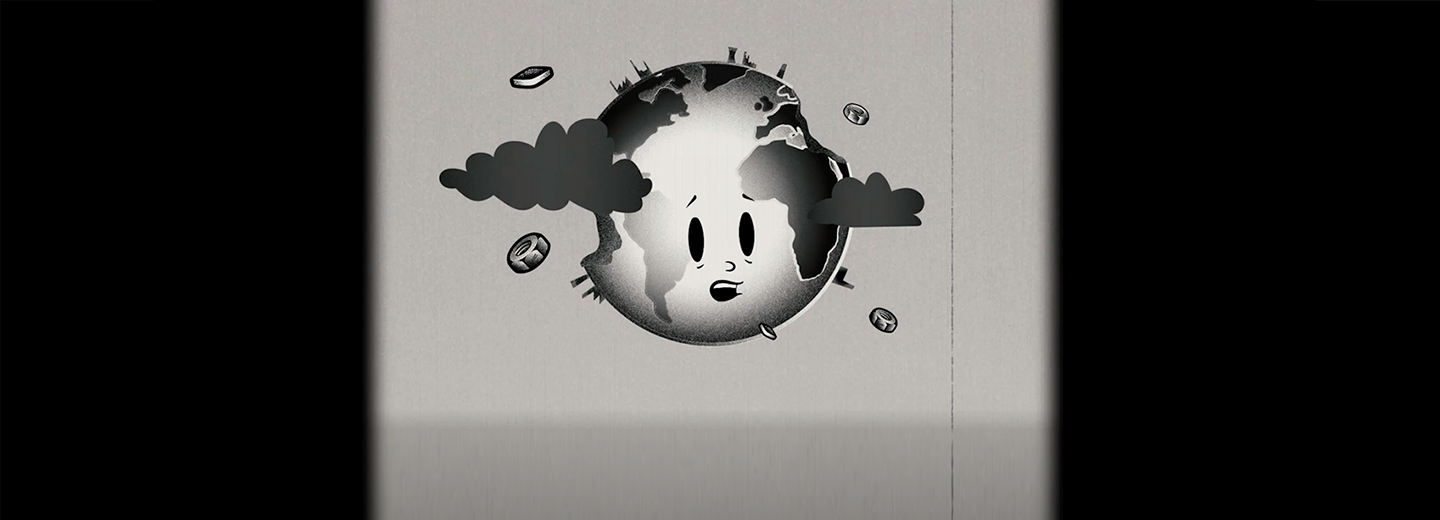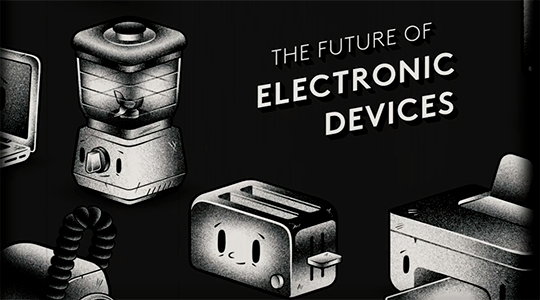
Can Circular Economy save the earth?
The challenge lies in understanding and overcoming all the complex mechanisms in society in order to materialise the necessary changes. At SDU we are working hard towards just that. Take part in our research by sharing your consumer preferences.
Visit the Circular Economy site:
Towards a more sustainable use of resources in our electronics
–
benefiting people, the planet and the economy
The term “circular economy” describes an alternative system proposed to replace the current make–use–dispose systems, in order to ensure more sustainable management of the Earth’s resources. The idea is to enable products – or the materials from which they are made – to circulate within our society’s different systems for as long as possible, and to do this via better design, reuse, refurbishment, remanufacturing and recycling.
Today, most electronic devices are designed in such a way, that they are hard to upgrade, easy to break and impractical to repair – and so it is easier to buy new devices and throw the old away - a profitable business model for manufactures, but a terrible solution for the planet and its finite resources.
By adopting the concept of Circular Economy, we actually have a chance to change the course we are on. However, the changes required will take a lot of effort; from businesses and governments and us, the consumers. After all it is our demands and our desires to buy, that decides what makes good business.
Here is what we could do to start the change:
- Demand products that are made in a responsible way, with repair and recycling in mind, businesses will simply have to adapt.
- Buying professionally refurbished or remanufactured products, they are as good as new
- And if we are going to retire our e-product one day, we do it the right way. We sell our product to a refurbishing company or second-hand, or donate it to a charity, and as a last resort bring it to a recycling centre.
- Governments should make laws to enhance circular economy models, such as with "right to repair" acts and extended warranty requirements just to name a few.
- Companies should adopt business models whereby e-products are designed for longevity, with repair and recycling in mind.
The challenge lies in understanding and overcoming all the complex mechanisms in society in order to materialise the necessary changes.
At SDU we are working hard towards just that. And we need you to get involved.
Please share your consumer preferences at sdu.dk/circular
Or get the facts about the amount of waste we produce every day atsdu-ce.dk
Who are we?
The “e-circle” project is an SDU lighthouse effort aimed at developing a knowledge platform for the circular economy and the management of end-of-life electrical and electronics products, which are otherwise known as e-waste. The “e-circle” facilitates the circular economy in the e-products sector by connecting key participants in the supply chains before, during and after the product ends its service life.
The project is led by SDU Life Cycle Engineering (LCE), an SDU centre that researches the strategic and sustainable development of societal infrastructure and technologies.
